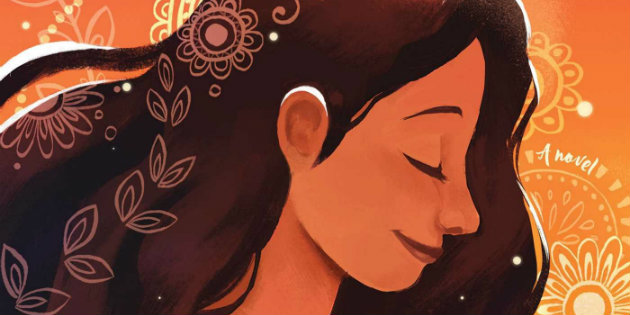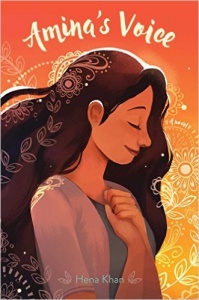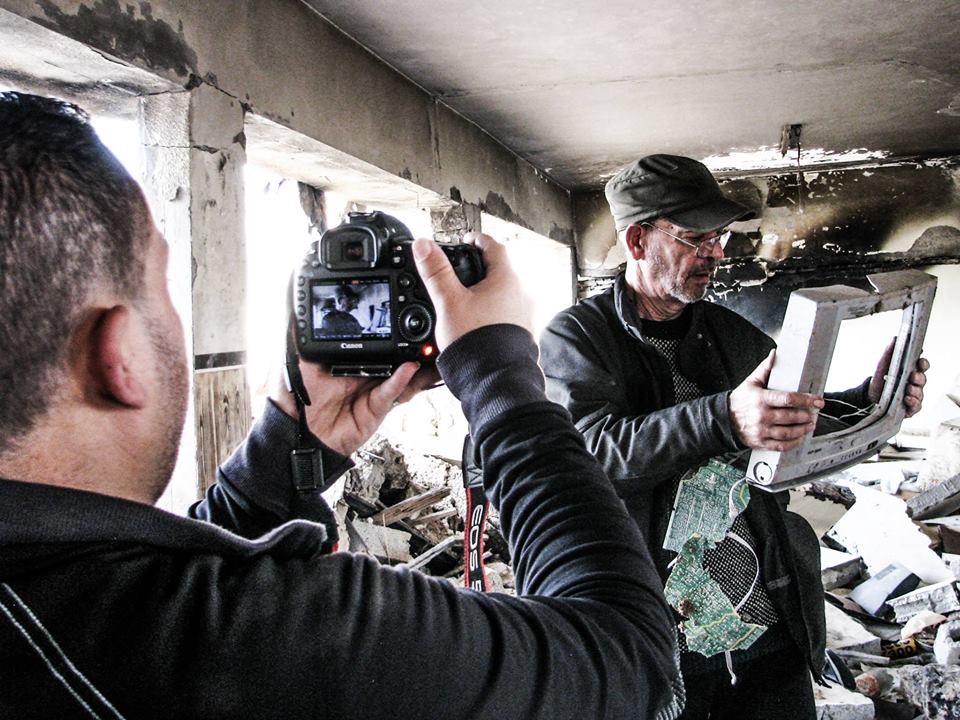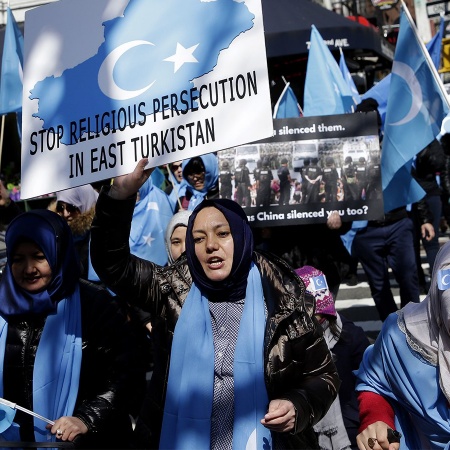‘Amina’s Voice’ Lets a Muslim Girl’s Voice Shine in Mainstream Media
If you’ve been searching in vain for fiction you can identify with as a South Asian or a Muslim, or perhaps both, Simon and Schuster Children’s Publishing has some good news for you. In 2016 the publishing giant created a new imprint called Salaam Reads with the aim of publishing Muslim narratives in a mainstream book channel. You don’t have to be a literary expert to know that this is exciting news. Parents will no longer bemoan the fact that their sons and daughters don’t have reading materials that echo their unique cultural heritage. Teens will no longer be disappointed by reading stories of kids who are nothing like them.
“Amina’s Voice,” a Middle-Grade novel by Hena Khan is the first book to be published by Salaam Reads, and it is phenomenal. Middle Grade typically is suitable for ages 8-12 or grades 3-7, but I know many adults who read – and are satisfied by – these novels. “Amina’s Voice” revolves around a sixth grader named Amina, whose parents are from Pakistan, while she herself is a conflicted, culture clashing young girl we all know. At home, her parents eat palak gosht and daal like all desi parents, but she’d rather have pizza. In Sunday school at the mosque, the lessons are not only boring but difficult to pronounce because they’re in Arabic. Her uncle is visiting from Pakistan and he is not happy with the way her family has Americanized, implying that the children cannot speak Urdu, which should be a “been there done that” sort of moment for millions of us.
There’s so much meat in the novel, so much to think about and identify with. Amina herself is a well-adjusted girl. She’s puzzled as her Korean-American friend wants to change her name from Soojin to Susan, and her elder brother Mustafa argues endlessly with her parents. Still, she faces a myriad of problems that will seem achingly familiar to anyone who’s been through middle school in America or whose children have. Her teacher wants her to perform in the Winter Choral Concert as a singer, but Amina is too shy. Her father signs her up for a Quran recitation competition – what Muslim kid hasn’t dreaded those? – at the mosque. Her uncle thinks music is forbidden in Islam and doesn’t want her playing the piano, which she loves and is extremely talented at. Her best friend Soojin suddenly begins to gravitate towards another friend, leaving Amina in the dust wishing for the way things used to be. While all this is going on, something tragic occurs: someone sets fire to their mosque.
In an environment of bigotry against immigrants and Muslims, Amina’s Voice is a beacon of hope for readers. Girls who read this novel will be emboldened by the strength Amina shows, the way she solves her problems even when the world around her is scary and hateful. She battles not only stricter elements of Islam within her own culture but also Islamophobes outside. All the while, she struggles to overcome her own insecurities and challenges. If Amina sounds like someone you know, I urge you to read it or share it with others.
Hena Khan is a Pakistani-American author whose books you may have read in the past. The most popular one was “It’s Ramadan, Curious George,” but she has also written others such as “Night of the Moon” and “Golden Domes and Silver Lanterns.” “Amina’s Voice” is available on Amazon and other retailers.
Saadia Faruqi is a Pakistani-American author of the short story collection “Brick Walls: Tales of Hope & Courage from Pakistan.” She lives in Houston, TX with her family.


















2017
1,527 views
views
0
comments